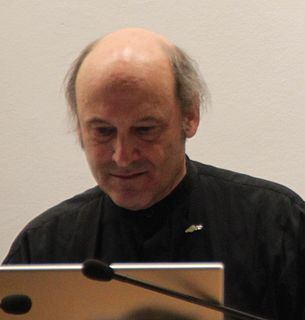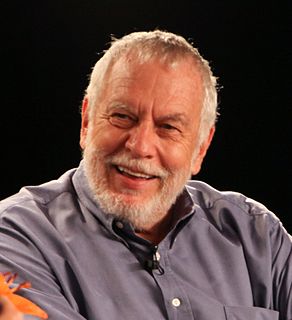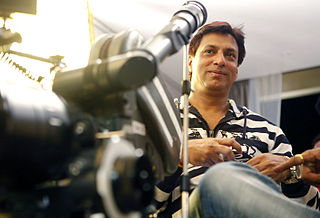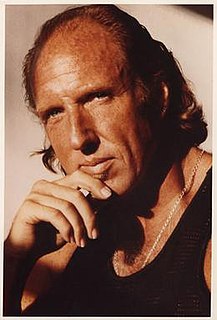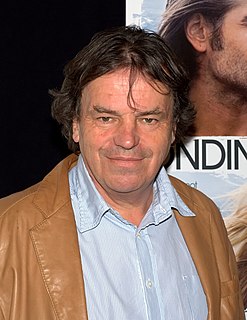A Quote by Chris Crawford
I became convinced that the whole essence of the computer revolution is interactivity. That was very early in my career. At the time I did that it was heresy.
Related Quotes
We had some really powerful technology - Atari always was a technology-driven company, and we were very keen on keeping the technological edge on everything. There's a whole bunch of things that we innovated. We made the first computer that did stamps or sprites, we did screen-mapping for the very first time, and a lot of stuff like that.
Atari always was a technology-driven company, and we were very keen on keeping the technological edge on everything. There's a whole bunch of things that we innovated. We made the first computer that did stamps or sprites, we did screen-mapping for the very first time, and a lot of stuff like that. We had some of the most sophisticated sound-creating systems, and were instrumental in MIDI.
The computer revolution is a revolution in the way we think and in the way we express what we think. The essence of this change is the emergence of what might best be called procedural epistemology-the study of the structure of knowledge from an imperative point of view, as opposed to the more declarative point of view taken by classical mathematical subjects.
I got to make 'Trishakti' with Arshad Warsi, who was a newcomer at that time. The movie took three years to complete and became dated by the time it was released. The movie did not even get a proper release and bombed at the box office. It was a very bad patch of my life and a big disaster for my career.
Yeah I grew up in the public eye. I became a man in the public eye, which is kind of a bizarre thing to come to terms with. Now I'm in my late 20s and I was in my early 20s when I became recognizable. But I think 'Moneyball' represents a very strong shift in my career and becoming an adult and a man.
